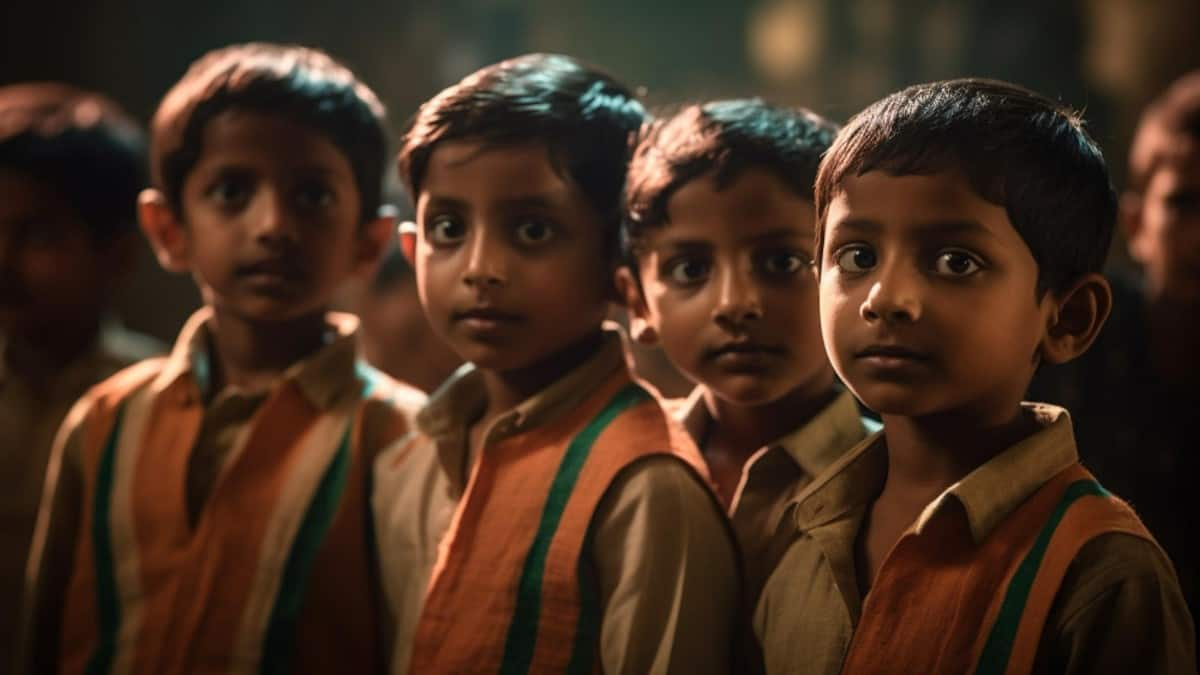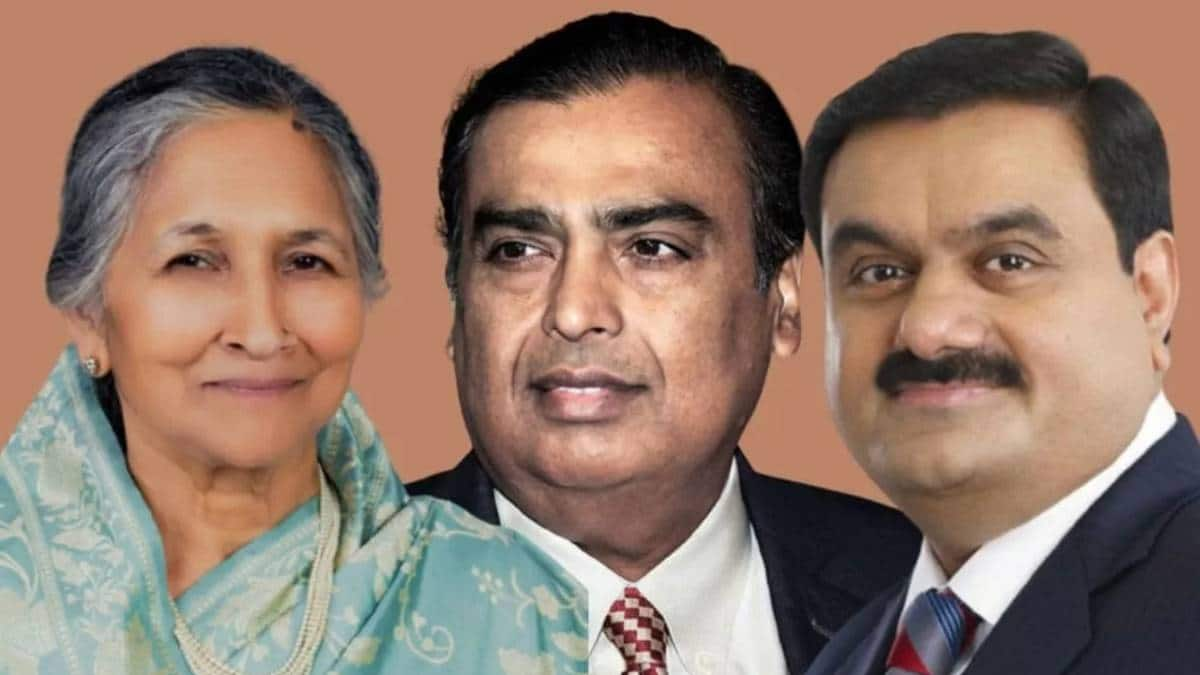Educational resilience for people with disabilities: Managing obstacles and exploring new opportunities
By Jitender Aggarwal
It is a known fact that 73 million children of primary school age were out of school in 2010, down from a high of over 110 million out-of-school children in the mid-1990s, according to new estimates by the UNESCO Institute for Statistics (UIS). About 80% of the Indian population lives in rural areas without provision for special schools, leading to an estimated 8 million children out of school in India (MHRD 2009 statistics), many of whom are marginalised by dimensions such as poverty, disability, gender and caste.
Our current education system faces three major challenges –
First is, prima facie Children with Disability are denied admission in regular schools
Second, even if they are admitted in regular schools they drop out gradually owing to the paucity of inclusive education systems in schools.
Third, Special schools are more focused on adaptive/pre-vocational skills which results in limited career prospects post education.
The Indian constitution provides various provisions to ensure education for all –
Article 29(2) of the The Constitution provides: that no citizen shall be denied admission into any educational institution maintained by the State or receiving aid out of State funds on the ground of religion, race, caste or language.
Article 45 of the Constitution directs the State: to provide free and compulsory education for all children (including the disabled) until they attain the age of 14 years.
Right to Education (RTE) 2010, is available to all citizens including the PwDs.
Many schemes have also been implemented by GoI like –
Samagra Shiksha Scheme, which envisages the “school” as a continuum from pre-school, primary, upper primary, secondary to senior secondary levels, to ensure to ensure inclusive and equitable quality education.
Integrated Child Development Services (ICDS) Scheme has been implemented which offers six services, viz. supplementary nutrition, pre-school non-formal education, nutrition and health education, immunization, health check-up, and referral services for children in the age group of 0-6 years,
National Education Policy (NEP) 2020 Highlights – Equity and Inclusion – Avoiding segregation and isolation of ethnic and linguistic minorities, those with disabilities and also those who face learning difficulties due to language barriers and sensitize on human values, empathy, tolerance, human rights, gender equality, inclusion, and equity which will develop respect for diversity.
Special 4% reserved seats for PwDs in all educational Govt. Private educational institutes has been implemented with the passing of the RPwD Act 2016 by GoI.
Beti Bachao-Beti Padao, etc.
Educational resilience for PwDs involves creating an environment that supports their learning and development despite challenges. Some strategies that need to be adopted for managing obstacles and exploring new opportunities in this context can vary individually or situationally. Some aspects that need active revamp include –
Inclusive Education Policies – that ensure the integration of students with disabilities into mainstream educational settings. This includes providing necessary accommodations and support services.
Universal Design for Learning – to create flexible learning environments that accommodate diverse learning styles and disabilities.
Accessible Educational Materials – Ensuring educational materials are accessible to individuals with disabilities, like providing materials in various formats such as audio, large print and digital formats compatible with assistive technologies.
Professional Development for Educators – Providing ongoing professional development for educators to enhance their understanding of inclusive teaching practices and strategies for accommodating students with diverse needs.
Technology Integration – Exploring and integrating assistive technologies that support learning for students with disabilities, like screen readers, speech-to-text software and other tools tailored to individual needs will ensure at-par performances of disabled and non-disabled students.
Mental Health Support – Recognising and addressing mental health needs of students with disabilities, including Implementing support services, counselling and awareness programs to create a supportive and inclusive learning environment.
Peer Support Programs – to facilitate interaction and collaboration among students, through peer mentoring and support can contribute significantly to the academic and social resilience of children with disabilities.
Transitional Planning – Developing comprehensive transition plans for students with disabilities to ensure a smooth progression between educational levels into post-education life. This includes career planning, vocational training and community integration.
Accessible Facilities and Infrastructure – Ensuring educational institutions have accessible facilities, infrastructure and transportation options to accommodate the physical needs of PwDs will lead to lower drop-outs and increased attendance in schools.
Policy Advocacy – at the institutional and governmental levels that promotes equal educational opportunities for PwDs and engaging with policymakers to address systemic barriers.
Research and Innovation – Support and participate in research initiatives focused on educational resilience for people with disabilities. Encourage innovation in teaching methods, technologies, and support services.
Employability Skills Training – Need of the hour is to Include skills training programs that focus on enhancing employability for students with disabilities as per market requirements. Collaborating with businesses and vocational training centers to create opportunities for real-world experiences is the key to ensure financial stability.
Parent and Family Involvement – Encouraging active involvement of parents and families in the education process, by providing resources and support to help families can help contribute to the academic success of their children.
Civil society organizations like Sarthak Educational Trust can play a vital role in bridging such gaps through sensitization and awareness generation amongst all stakeholders including Policy Makers, School/College Management, Teachers, parents, children and peers, that are leading lower intake of children with disabilities to ensure quality education, better results, full integration of CwDs in mainstream schools and colleges thereby ensuring their at-par education with non-disabled students.
It is time for our society to aggressively implement – ‘Sabka Saath, Sabka Vishwas, Sabka Vikas and Sabka Prayas’ to create a more constructive and inclusive environment for all, specially the PwD community which generally remains isolated in our society. Well educated PwDs can also assuredly and positively contribute in our nation’s progressive economy, striving to become the third largest in the world in the coming years.
The author is the founder and CEO, Sarthak Educational Trust.




